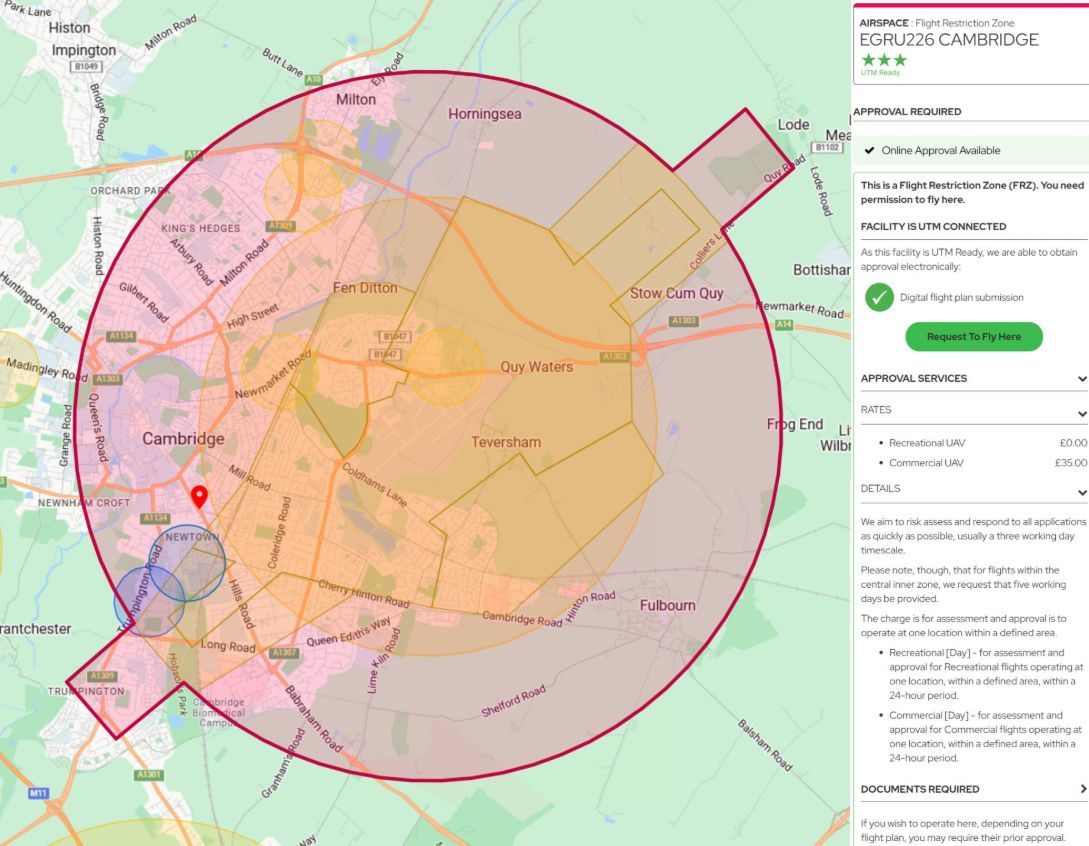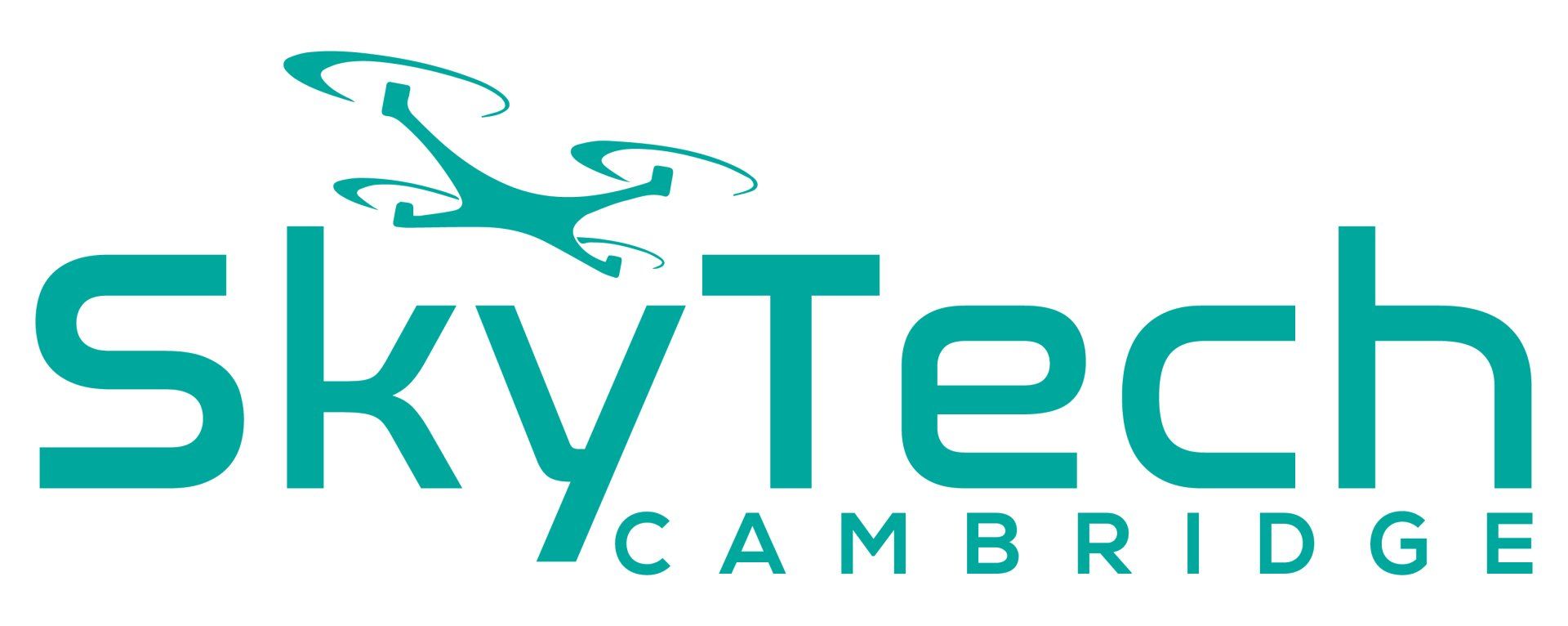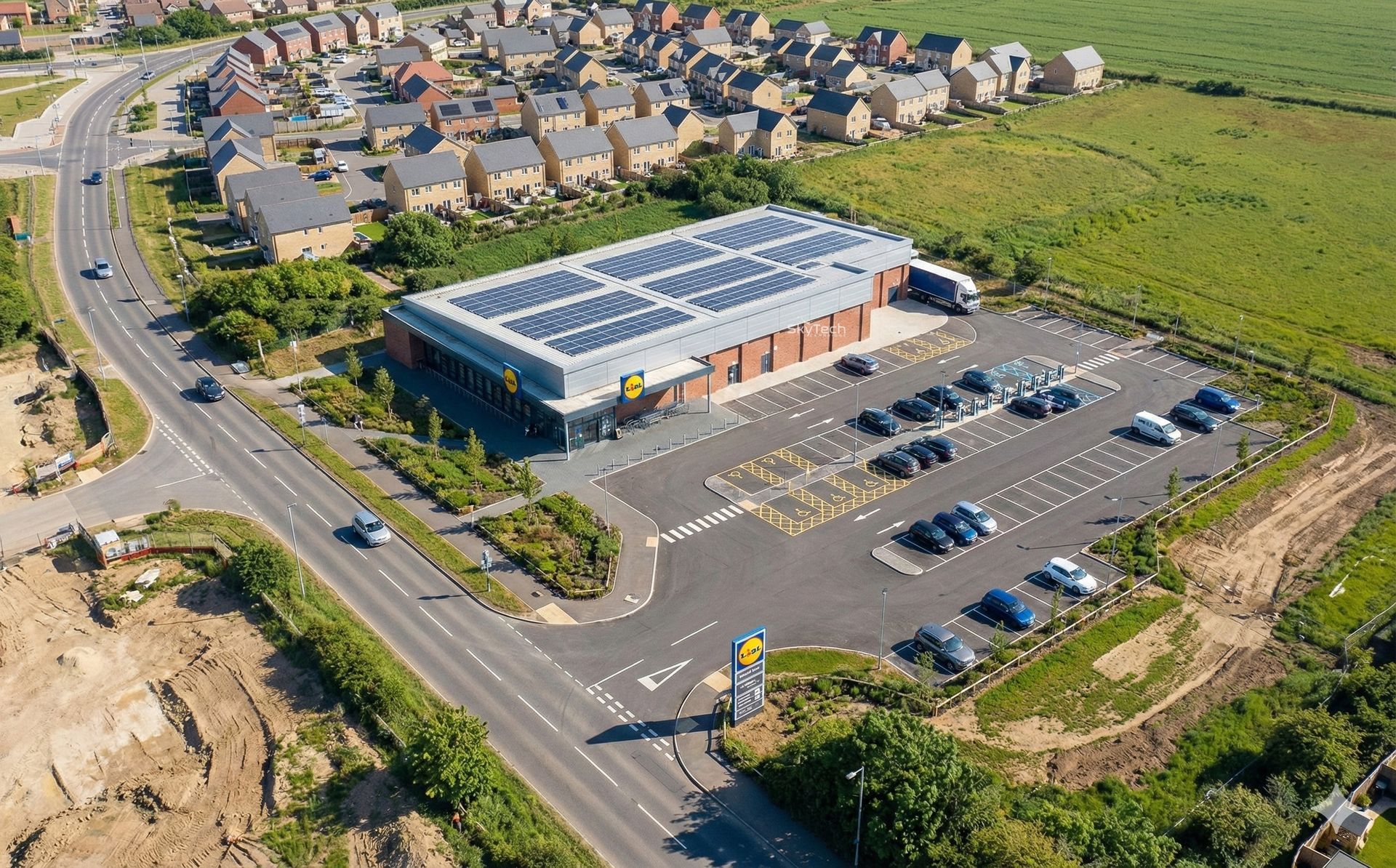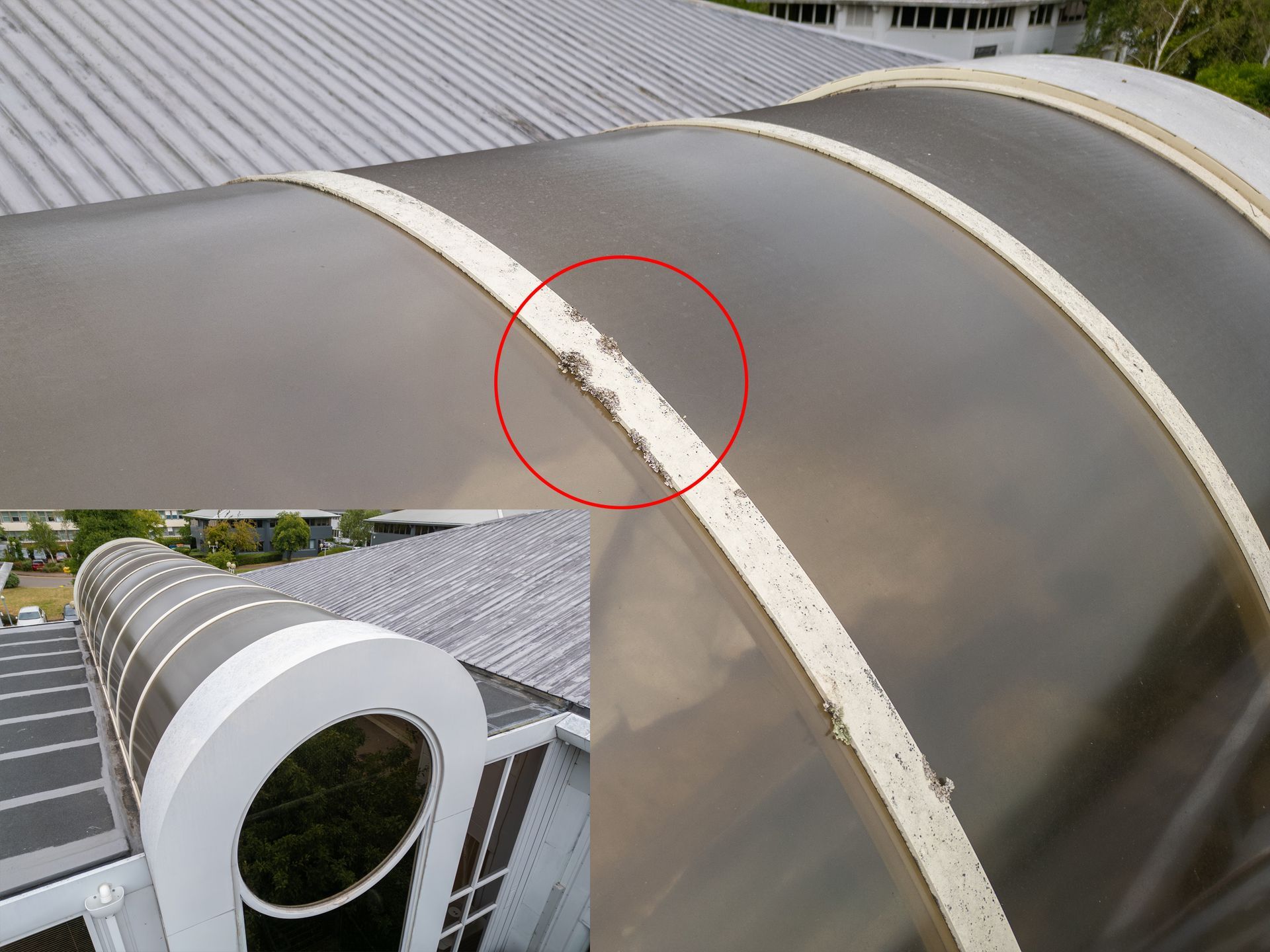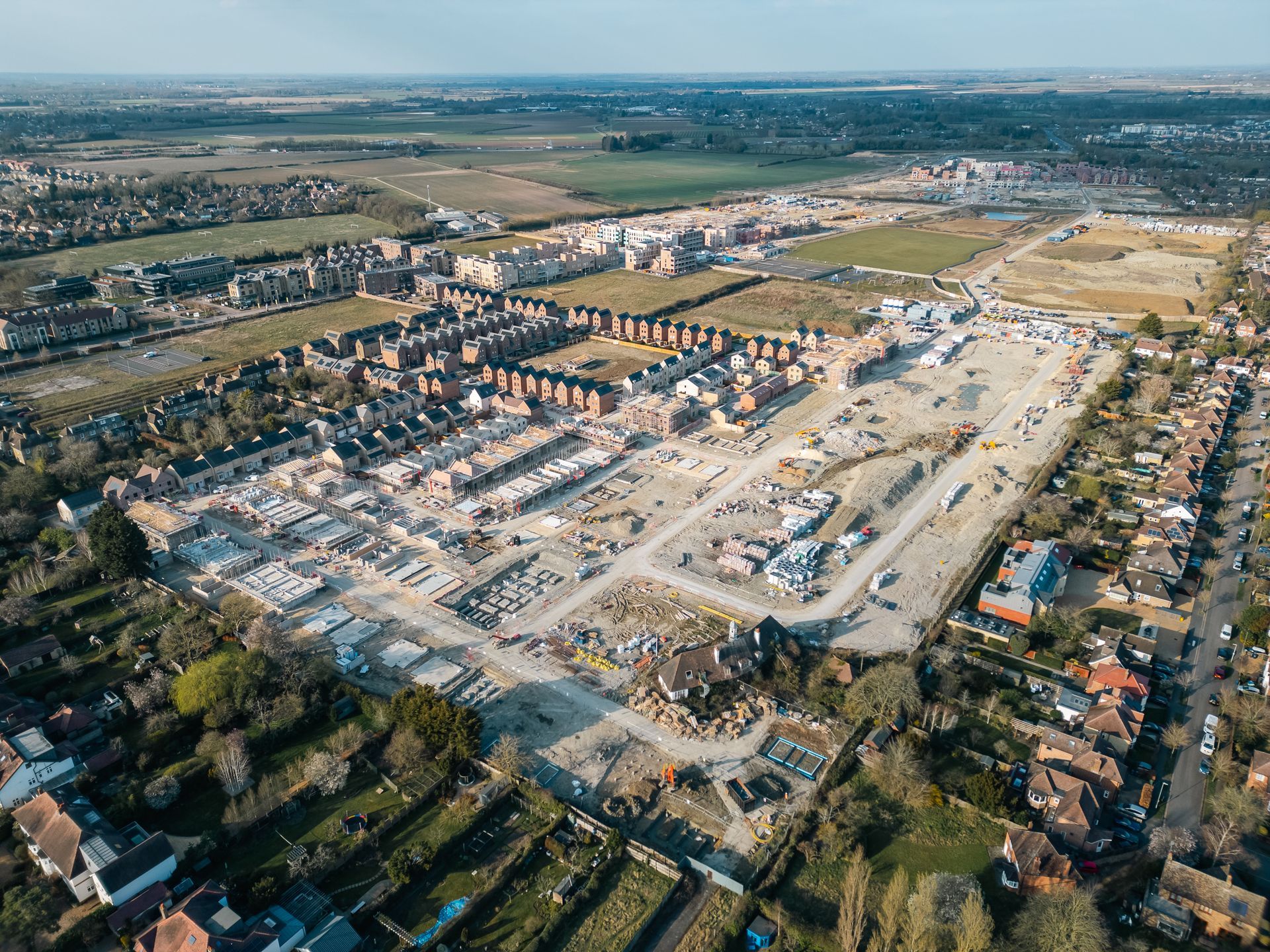The future of drone deliveries - where are we in 2023?
Why use drones for logistics?

The use of drones for delivery purposes has gained significant attention in recent years, and it is expected to become an increasingly important part of the logistics industry in the future.
One of the main benefits of drone deliveries is their potential to improve efficiency and reduce costs. Drones can fly directly to their destination, bypassing the need for road infrastructure and eliminating the need for human drivers. This can reduce delivery times and lower the cost of transportation. In addition, drones can be programmed to follow predetermined routes, reducing the risk of accidents or delays due to traffic.
Another advantage of drone deliveries is their potential to reach remote or hard-to-access areas. Drones can be used to deliver goods to locations that are difficult or impossible for traditional delivery vehicles to reach, such as isolated islands or rural communities. This can be especially useful in disaster situations, where access to basic necessities may be limited.
In addition to these benefits, drones have the potential to reduce the environmental impact of deliveries. Drones do not emit greenhouse gases, and their small size and low weight means that they require less energy to operate than traditional delivery vehicles. This can help to reduce the carbon footprint of logistics operations and contribute to a more sustainable future.
While the use of drones for delivery purposes is still in the early stages, it is clear that they have the potential to revolutionize the way goods are transported and delivered. As technology continues to improve and regulatory frameworks are put in place, it is likely that we will see a significant increase in the use of drones for delivery purposes in the coming years.
Who are big players trialling drone deliveries?
- Amazon: Amazon has been testing drone delivery systems for a number of years and has recently received approval from the Federal Aviation Administration (FAA) to operate a drone delivery service in the United States. The company is currently working on developing a network of small, electric drones that can carry packages weighing up to 5 pounds (2.3 kg) to customers within a 30-mile (48-km) radius of its fulfillment centers.
- Google: Google's parent company, Alphabet, has been experimenting with drone deliveries through its Project Wing division. In 2019, the company received approval from the FAA to operate a drone delivery service in the United States, and it has conducted a number of successful test flights in recent years.
- DHL: DHL, one of the world's largest logistics companies, has been testing drone deliveries for a number of years. In 2016, the company launched a drone delivery service in Germany, and it has since expanded its drone delivery operations to other countries, including Switzerland and the United States.
- UPS: UPS has been actively exploring the use of drones for delivery purposes and has conducted a number of successful test flights in the United States. In 2019, the company received approval from the FAA to operate a drone delivery service in the United States, and it has announced plans to expand its drone delivery operations in the coming years.
The challenges facing drone deliveries
There are a number of challenges facing drone deliveries that need to be overcome in order to realize the full potential of this technology.
One of the main challenges facing drone deliveries is regulatory issues. Drones are regulated by national aviation authorities, and the rules and regulations surrounding the use of drones for commercial purposes vary from country to country. In order to use drones for deliveries, companies and organizations must navigate these complex regulatory frameworks and obtain the necessary approvals and permits.
Another challenge facing drone deliveries is technical issues. Drones are complex machines that are vulnerable to a range of technical issues, including mechanical failures, software bugs, and communication problems. Ensuring the safety and reliability of drones is crucial for successful drone deliveries, and this requires significant investment in research and development.
In addition to regulatory and technical challenges, drone deliveries also face logistical challenges. Determining how to efficiently route and manage the delivery of packages by drones can be complex, particularly in urban environments where there are many obstacles and potential hazards. Ensuring that drones can safely navigate to their destination and deliver packages without incident is a major challenge facing drone deliveries.
Finally, there are also social and cultural challenges facing drone deliveries. Some people may be concerned about the privacy implications of drones flying over their homes or neighborhoods, and there may also be concerns about the safety of drones operating in populated areas. Addressing these concerns and building public trust in drone deliveries is essential for the success of this technology.
Who are the innovators trialling medical drone logistics?
There are a number of companies that are using drones for medical purposes, including delivering medical supplies and equipment to remote or difficult-to-reach areas:
- Zipline: This company operates a drone delivery system in Rwanda, delivering medical supplies and blood products to healthcare facilities in remote areas.
- Matternet: are working on using drones to deliver medical supplies and equipment in developing countries, including Haiti and the Dominican Republic.
- Flirtey: have partnered with the United Arab Emirates' Ministry of Health to deliver medical supplies and equipment using drones.
- Swoop Aero: This Australian company is using drones to deliver medical supplies and equipment to healthcare facilities in rural and remote areas.
- Vayu: An Indian company using drones to deliver medical supplies and equipment to healthcare facilities in remote areas of the country.
Swoop Aero were one of the early pioneers testing drone deliveries to remote locations. The company was founded in 2016 and is headquartered in Melbourne, Australia.
They operate a fleet of drones that are specifically designed for delivering medical supplies and equipment. The drones are equipped with temperature-controlled cargo compartments that can maintain the integrity of temperature-sensitive products such as blood products and vaccines.
The company uses a combination of autonomous and manually-piloted drones to deliver medical supplies to healthcare facilities in rural and remote areas. The drones are able to fly over terrain that is difficult or impossible to access by road, allowing them to reach areas that would otherwise be difficult to serve.
In addition to delivering medical supplies, Swoop Aero is also working on using drones for other medical applications, such as transporting medical samples and conducting remote consultations.
Despite the early setbacks and technical challenges still to overcome, overall, the future of drone logistics looks promising, and it is likely that drones will play an increasingly important role in the transportation of goods in the coming years. As this technology continues to develop and mature, it has the potential to significantly improve the way goods are transported and delivered, bringing benefits to customers and businesses alike.
